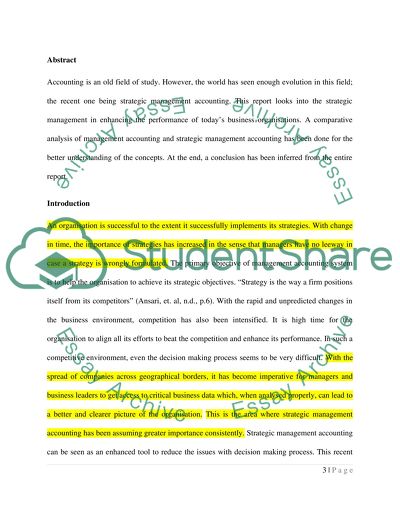Cite this document
(“Topic: DOES FUTURE OF MANAGEMENT ACCOUNTING LIE IN STRATEGIC Essay”, n.d.)
Topic: DOES FUTURE OF MANAGEMENT ACCOUNTING LIE IN STRATEGIC Essay. Retrieved from https://studentshare.org/miscellaneous/1568116-topic-does-future-of-management-accounting-lie-in-strategic-management-accounting
Topic: DOES FUTURE OF MANAGEMENT ACCOUNTING LIE IN STRATEGIC Essay. Retrieved from https://studentshare.org/miscellaneous/1568116-topic-does-future-of-management-accounting-lie-in-strategic-management-accounting
(Topic: DOES FUTURE OF MANAGEMENT ACCOUNTING LIE IN STRATEGIC Essay)
Topic: DOES FUTURE OF MANAGEMENT ACCOUNTING LIE IN STRATEGIC Essay. https://studentshare.org/miscellaneous/1568116-topic-does-future-of-management-accounting-lie-in-strategic-management-accounting.
Topic: DOES FUTURE OF MANAGEMENT ACCOUNTING LIE IN STRATEGIC Essay. https://studentshare.org/miscellaneous/1568116-topic-does-future-of-management-accounting-lie-in-strategic-management-accounting.
“Topic: DOES FUTURE OF MANAGEMENT ACCOUNTING LIE IN STRATEGIC Essay”, n.d. https://studentshare.org/miscellaneous/1568116-topic-does-future-of-management-accounting-lie-in-strategic-management-accounting.


